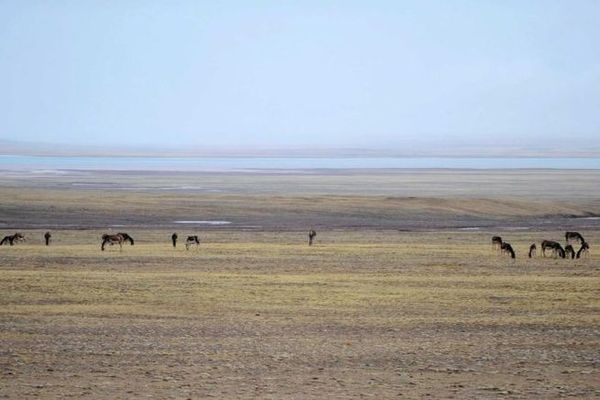Tibetet Segítő Társaság Sambhala Tibet Központ
Tibet Support Association Sambhala Tibet Center
székhely / telephely H-Budapest I. Attila út 123..
(00-36) 70 431 9343 (00-36)70 944 0260 (06-1)782 7721
sambhala@tibet.hu www.tibet.hu tibetpress.info
Facebook/Sambhala Tibet Központ Facebook/Tibett Segítő Társaság
MagnetBank/ 16200010-00110240
IBAN/HU94 16200010 00110240 00000000 SWIFT/HBWEHUHB
(1%) adószám/ 18061347-1-41
nyitva tartás/hétköznap 12.00-20.00 hétvégén előadás függő
» tibeti művészet» lapszemle.hu» thetibetpost.com» eastinfo.hu» rangzen.net» ChoegyalTenzin» tibet.net» phayul.com» DalaiLama.com» vilaghelyzete.blogspot.com» Videók» Linkek» TibetiHírek» Szerkesztőség
Rights groups protest UNESCO heritage status decision in Tibetan area/ENG
2017. július 8./Reuters/Tibet Sun/TibetPress
eredeti cikk
By Ben Blanchard and Cate Cadell

Tibetan rights groups have criticized a UN cultural organization’s decision to extend world heritage status to an extensive plateau area in a heavily-Tibetan area, saying it reinforces Chinese control in the region.
The groups argue the UNESCO designation will allow Chinese authorities to remove residents from the area, known as Hoh Xil in Qinghai province, and threaten its environment and nomadic culture.
“The (UNESCO) Committee ignored the reality that Tibetans, and nomads in particular, are stewards of the landscape whose role is essential to sustaining the wildlife,” said Kai Mueller, executive director of the International Campaign for Tibet (ICT).
The area has an elevation of more than 4,500 metres (14,764 feet) and is home to several endemic species as well as the entire migratory route of the endangered Tibetan antelope.
The designation of protected areas does not give UNESCO any powers of enforcement, but has proved to be controversial in areas plagued by conflicting territorial claims.
On Friday, UNESCO also designated an ancient shrine in the occupied West Bank, revered by both Jews and Muslims, as a “Palestinian World Heritage Site in Danger”, angering Israeli Prime Minister Benjamin Netanyahu who called the decision “delusional”.
The Tibetan rights groups argue the UNESCO designation could accelerate Chinese efforts to move nomads into settled villages.
“UNESCO is supposed to uphold and safeguard the world’s culture, but this shameful decision will do exactly the opposite and will ultimately assist China in denying Tibetans their fundamental rights,” Pema Yoko, executive director of advocacy group Students for a Free Tibet, said in a statement.
At a UN forum in March, China was pressed by members to ease its clamp-down on Tibet, in a rare show of direct criticism from member countries. There are also large Tibetan communities in neighbouring provinces like Qinghai and Sichuan.
China’s foreign ministry did not immediately respond to requests for comment on Saturday.
China rejects criticism from rights groups and exiles who accuse it of trampling on the religious and cultural rights of the Tibetan people, saying its rule has brought prosperity to a once-backward region.
Chinese representatives argue the new UNESCO status is designed to help protect the area and will not impact traditional culture.
According to the ICT, Chinese representatives on Friday circulated a statement saying they would fully respect the herders and their culture.
A UNESCO spokeswoman said the Chinese government had made a commitment that no forced relocation would be undertaken.
“They also commit to work with the communities and other stakeholders to ensure protection and management of this site,” the spokeswoman told Reuters.
The latest decision brings the number of UNESCO world heritage sites in China to more than 50.
